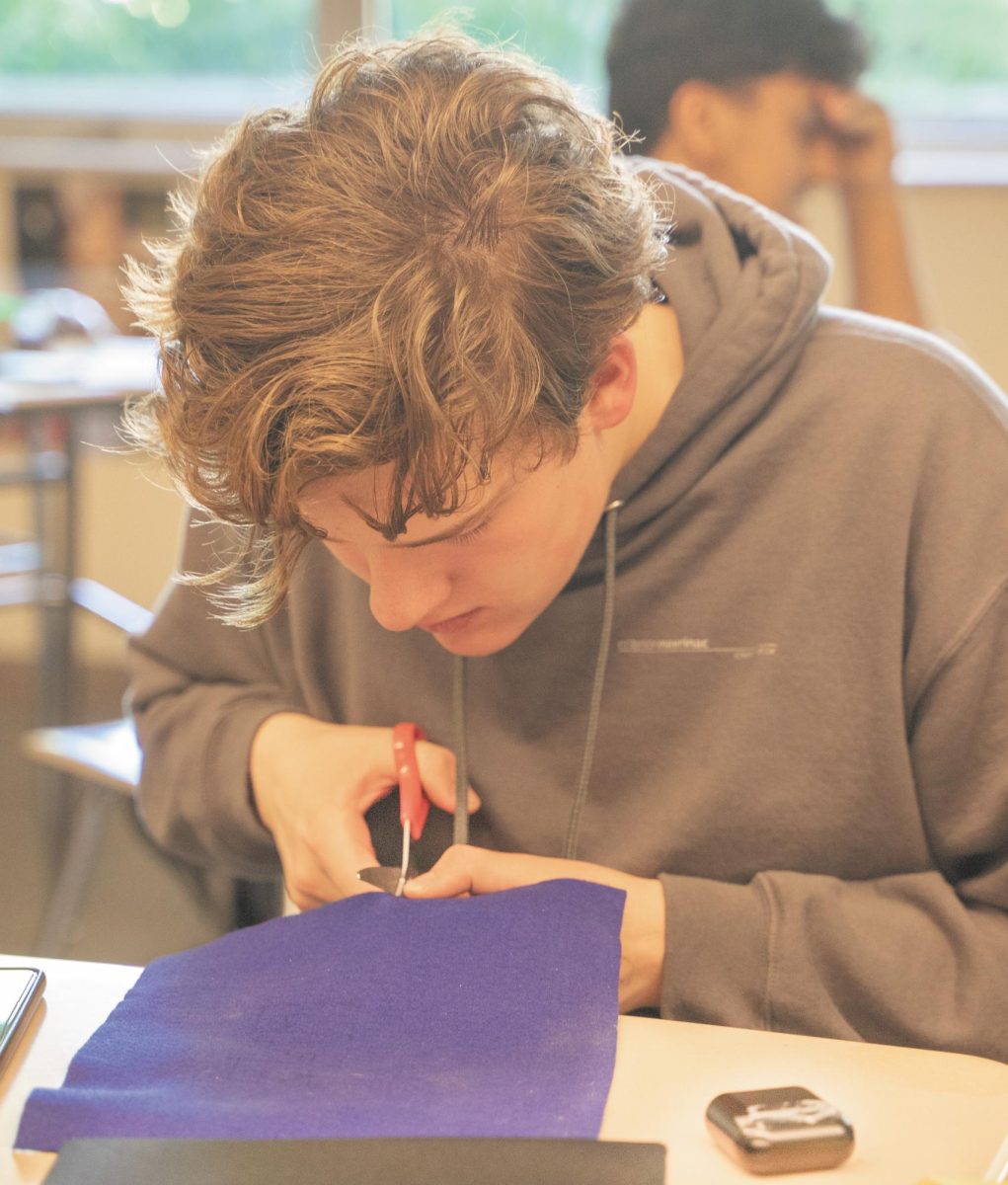
According to the National Alliance on Mental Illness, 1 in 6 of U.S. youth aged 10-17 experience a mental health disorder each year.
Administration and staff said they place an increasing focus on how to handle the growing concern.
“We have really been intentional about sitting down as a staff and talking about the things that our students are going through, and how we can take steps to help,” IB English teacher Marita White said.
A new development this year is shortened class time. This requires teachers to cut about ten percent of the curriculum to compensate for this loss.
“One of the things that the school is really pushing is cut (sic) curriculum. We also need to give less homework because [students] are getting homework from seven teachers. So that’s something that the school has really been reminding teachers about,” White said.
Both teachers’ observations and research suggests changes in Inglemoor’s high school environment are necessary to meet the mental health needs of students.
One of the changes the administration implemented was Breaking Down the Walls. The week-long program cost $15,000 and reflects the goals the administration has for this school year. ASB/Student Leadership teacher Elisabeth Kowalski said those goals were to help students realize that everyone is struggling and those struggles do not need to be handled alone.
The new full-time mental health counselor, made possible through the use of building funds, Caleb Visser said he wants to help as many students as possible by introducing meditation sessions to improve mental health.
These meditation sessions take place in the band room (room 301) every Tuesday and Thursday during both lunches. This secluded and focused environment, Visser said, allows students to reflect.
“We see that a lot of people are struggling, you know,” he said, “and I feel like [group sessions] start to take the stigma down because everybody’s struggling; everybody’s having a hard time.”
In addition to meditation, Inglemoor hosts a therapy dog, Hudson. Students can visit him in the library every Wednesday during both lunches all through November, with more dates to come. Hudson and his handler Megan DeSantis are a part of the Reading with Rover program, a therapy dog organization that serves the Puget Sound Area.
“One of my protocols [in the training program] was during finals week up in Jackson High School in Everett, and I could not believe how stressed the kids were,” DeSantis said. “Two girls just flat out started crying… I wanted to bring this to high schools in the Northshore School District [because] they had not had therapy dogs before.”
Librarian Teresa McCausland was the one to advocate hosting a therapy dog. She said after Hudson started coming, students came out with happy smiles on their faces from their interactions with the dog.
“Hudson has this way of giving attention to everybody and giving the most attention to the people who most need him,” sophomore Sky Darkhand said.
Research from the National Institutes of Health shows that people feel less lonely and more supported socially when interacting with dogs and other animals. This improves intimacy with those who have anxiety or trouble socializing, which helps mental health overall.
“Last year, [the administration] weren’t doing much about [mental health] and I think this year, they’re really making mental health a priority, and I appreciate that quite a lot,” Darkhand said.















